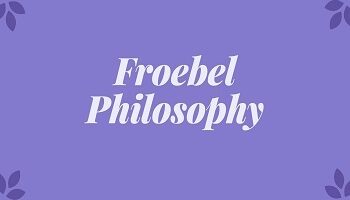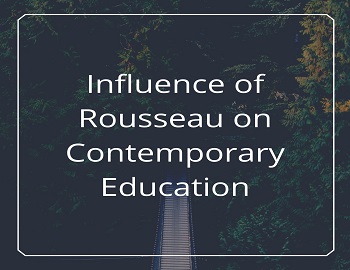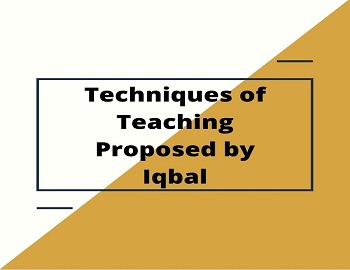Life Sketch of John Fredrick Herbart:
John Fredrick Herbart is the man who further emphasized the employment of psychology in the field of education. He was the disciple of Pestalozzi and tried to enforce more successfully and powerfully the ideas of Pestalozzi.
Herbart was born at Oldenburg in Germany in a respectable family on May 4, 1776. His father was a famous lawyer and a Privy Councillor. His mother was also an educated lady with extraordinary qualities. She was very well at Greek and Mathematics and gave all this knowledge to Herbart in his childhood. In these early years, Herbart was educated by a teacher under the supervision of his mother. Since he received the constant attention of his mother, he acquired skills in music and Mathematics. Even at that stage, he had a liking for philosophy. It said that at the age of 11 he had studied Logic and at 12 Philosophy. Between the age of 12 and 18, he was taught in the “Gymnasium” (the old name of a school) from where he graduated in Honours. After that, he started studying Law at the University of Jena. Here he met the famous philosopher Fichte. He came in closer contact with him and started learning philosophy and neglected his own studies. He also wrote the commentary on the works of Schilling, the famous Philosopher of his time. These commentaries gave real fame to Herbart. Learned men of his time were simply surprised at his grasp and command on the subjects.
Leaving Education: Before Herbart could complete his studies, he left the school and accepted the assignment of a guardian tutor to the three sons of a Governor of Switzerland. These boys were 8, 10 and 14 years old respectively. While teaching these boys, he was encouraged to lay down his principles of education. He continued this assignment for three years and during this period he studied the psychology of these children very minutely. He also kept a keen eye on the methods through which these children were taught. The Governor used to enquire about the progress of education of his sons off and on. This encouraged Herbart to put before the Governor the psychological and individual differences of the children. This period was, of course, a very important period in the life of a Herbart. He was more of a student than a teacher. He drew out his principles of education and later on propounded them. Graves in his “A Student History of Education” has very rightly remarked, “This early experience rather than his ingenious system of psychology and Metaphysics, which he afterwards developed in explanation, was the real foundation of his pedagogy or teaching and furnishing him with a concrete example of the characteristics and the individualities of the children that appear in all his later works”.
The five steps of Herbartian education that are so famous were, in fact, evolved over there.
Meeting with Pestalozzi: Herbart went to see Pestalozzi at Burgdorf and studied his method of education over there. It was there, that he decided to give a scientific shape to the education of Pestalozzi. During 1802 and 1808 he taught philosophy and principles of education at the University of Gartigain. In 1809, he was appointed Professor of Philosophy in “Kunisburg University”. It was here that he published his famous book “The Science of Education”. In those days the chair of the professorship of philosophy at “Kuinsberg University” was considered to be the greatest honour of the day. Before Herbart, a man like Kant had occupied the chair for 25 years. This place helped Herbart a lot. He developed his principles of education and psychology successfully and brought out commendable works. He studied History and made experiments and also opened a school for the practical training of the teachers.
Herbart did not hesitate in criticising the weakness of the Philosophy of Pestalozzi, in regard to education. Where he agreed with him, he praised it with all the force at his command. Some of the important works of Herbart are given below-
- Science of Pedagogy.
- Oulines of Pedagogical Theory.
- Science of Education.
In 1841 this great philosopher passed away.









Comments (No)